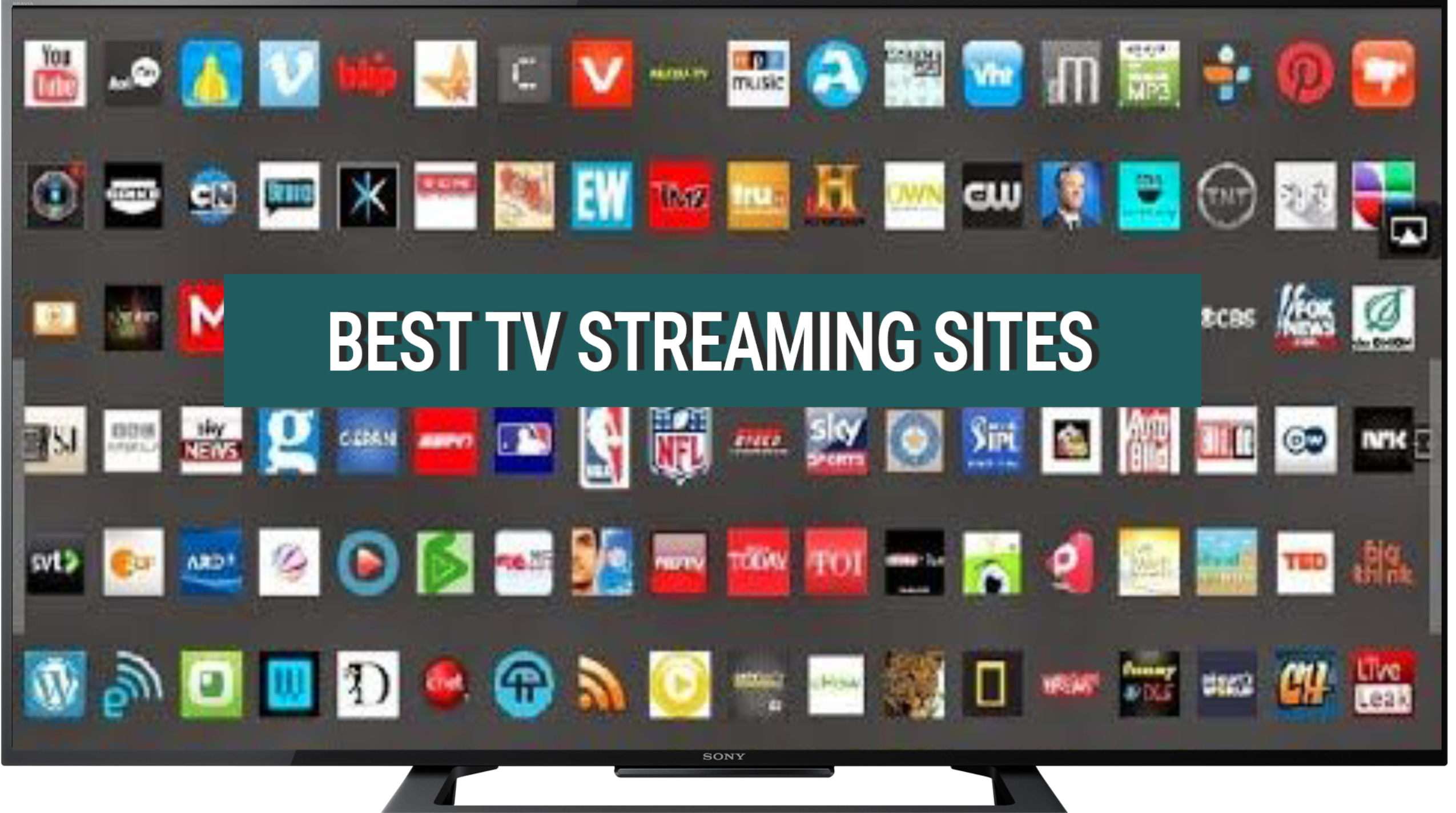When it comes to choosing the right laptop, many people find themselves torn between a Chromebook and a traditional laptop.
While both options have their own merits, one critical factor that often influences the decision-making process is cost-effectiveness.
Chromebook vs. Traditional Laptop
Chromebook
Pros:
- Simplicity: User-friendly, straightforward interface and functionality.
- Security: Built-in security with automatic updates.
- Battery Life: Often offers long battery life.
- Cost: Generally more affordable than traditional laptops.
Cons:
- Software Limitations: Primarily runs web-based applications and Android apps.
- Offline Use: Some functionalities and apps are limited when offline.
Traditional Laptop (Windows/Mac)
Pros:
- Software Compatibility: Runs a wide range of software, including professional and specialized applications.
- Storage: Typically offers more onboard storage than Chromebooks.
- Versatility: Suitable for a broader range of tasks, from content creation to gaming.
Cons:
- Cost: Can be more expensive, especially for higher-end models.
- Complexity: May present a steeper learning curve for non-tech-savvy users.
Chromebooks are ideal for users who need a device for basic tasks like browsing, email, and streaming, prioritizing simplicity and affordability.
Traditional laptops are better suited for a wider array of tasks, including professional work and gaming, offering more extensive software compatibility and storage.
Below we look deeper into the comparison of Chromebooks and traditional laptops from a cost perspective, exploring various aspects such as upfront costs, long-term expenses, and overall value for money.
Table of Contents
Upfront Costs
When considering the upfront costs of purchasing a computing device, Chromebooks tend to have a significant advantage over traditional laptops.
Chromebooks are generally more affordable, with prices ranging from $200 to $600, depending on the specifications and brand.
On the other hand, traditional laptops can range from $500 to well over $2000, depending on the brand, specifications, and additional features.
While traditional laptops offer a wider range of options in terms of performance and features, Chromebooks provide a cost-effective solution for those who primarily require basic computing tasks such as web browsing, word processing, and email.
For individuals or organizations on a tight budget, Chromebooks can be an attractive option due to their lower upfront costs.
Long-Term Expenses
While upfront costs are an important consideration, it is equally crucial to evaluate the long-term expenses associated with owning a computing device.
Here, traditional laptops may have an edge over Chromebooks due to their versatility and ability to handle a wider range of software applications.
One significant factor to consider is software compatibility. Chromebooks primarily rely on web-based applications and Google’s suite of productivity tools, which are often free or available at a lower cost compared to traditional software applications.
However, if you require specific software applications that are not available on Chrome OS, you may need to explore alternative solutions or opt for a traditional laptop.
Additionally, traditional laptops offer more storage options, allowing users to store large files and applications locally.
While Chromebooks typically have limited internal storage, they compensate for this by providing cloud storage options.
However, relying on cloud storage may incur additional costs, especially if you require a significant amount of storage space.
Another aspect to consider is the lifespan of the device. Traditional laptops generally have a longer lifespan compared to Chromebooks.
This is due to the fact that traditional laptops can handle more demanding tasks and are often built with higher-quality components.
While Chromebooks can still provide several years of reliable service, they may not be as durable or capable of handling resource-intensive applications.
Overall Value for Money
When evaluating the overall value for money, it is essential to consider your specific needs and use cases.
If you primarily require a device for basic tasks such as web browsing, word processing, and email, a Chromebook can offer excellent value for money due to its lower upfront costs and minimal long-term expenses.
On the other hand, if you rely on resource-intensive software applications or require more storage options, a traditional laptop may be a better investment despite the higher upfront costs.
Traditional laptops provide greater flexibility and can handle a wider range of tasks, making them suitable for professionals or individuals with specific computing requirements.
It is also worth noting that Chromebooks have evolved significantly over the years, with some models now offering more powerful processors, increased storage options, and improved compatibility with certain software applications.
Therefore, it is crucial to research and compare the specifications of different Chromebook models to ensure they meet your specific needs.
FAQs – Chromebook vs. Traditional Laptop: Which is More Cost-Effective?
1. Are Chromebooks cheaper than traditional laptops?
Yes, Chromebooks are generally more affordable than traditional laptops, with lower upfront costs.
2. Can Chromebooks handle resource-intensive tasks?
Chromebooks are primarily designed for basic computing tasks and may not be as capable as traditional laptops when it comes to resource-intensive tasks.
3. Do Chromebooks require additional software purchases?
Chromebooks rely on web-based applications and Google’s suite of productivity tools, which are often free or available at a lower cost compared to traditional software applications.
4. Can I install software applications on a Chromebook?
Chromebooks have limited compatibility with certain software applications.
However, there are alternative solutions available, such as web-based or Android applications.
5. Do Chromebooks offer enough storage space?
Chromebooks typically have limited internal storage but provide cloud storage options.
If you require a significant amount of storage space, you may need to consider alternative solutions or opt for a traditional laptop.
6. How long do Chromebooks last?
While Chromebooks can provide several years of reliable service, traditional laptops generally have a longer lifespan due to their ability to handle more demanding tasks and higher-quality components.
7. Are traditional laptops more versatile than Chromebooks?
Yes, traditional laptops offer greater versatility and can handle a wider range of tasks and software applications compared to Chromebooks.
8. Are there any specific use cases where Chromebooks excel?
Chromebooks excel in use cases that primarily involve basic computing tasks such as web browsing, word processing, and email.
9. Can I connect external devices to a Chromebook?
Yes, Chromebooks support various external devices such as printers, keyboards, and mice through USB or Bluetooth connectivity.
10. Are Chromebooks suitable for gaming?
Chromebooks are not typically designed for gaming and may not have the necessary hardware specifications to handle resource-intensive games.
11. Can I use Microsoft Office on a Chromebook?
Chromebooks have limited compatibility with Microsoft Office applications.
However, you can use web-based alternatives or Android applications that offer similar functionality.
12. Are Chromebooks more secure than traditional laptops?
Chromebooks are known for their robust security features, including automatic updates and sandboxing, which help protect against malware and viruses.
13. Can I use a Chromebook offline?
While Chromebooks primarily rely on an internet connection, many applications and features can be used offline, such as Google Docs and offline media playback.
14. Are Chromebooks suitable for professionals?
Chromebooks can be suitable for professionals who primarily require basic computing tasks and have a strong reliance on web-based applications.
15. Can I run Windows on a Chromebook?
Chromebooks use Chrome OS, which is based on the Linux kernel.
While it is not possible to run Windows natively on a Chromebook, there are alternative solutions available, such as using virtualization or remote desktop applications.
Summary – Chromebook vs. Traditional Laptop: Which is More Cost-Effective?
When it comes to cost-effectiveness, Chromebooks and traditional laptops each have their own advantages and considerations.
Chromebooks offer lower upfront costs and minimal long-term expenses, making them an attractive option for individuals or organizations on a tight budget.
However, traditional laptops provide greater versatility, longer lifespan, and the ability to handle resource-intensive tasks, making them a better investment for those with specific computing requirements.
Overall, the decision between a Chromebook and a traditional laptop depends on your individual needs, budget, and preferences.
It is important to carefully evaluate the upfront costs, long-term expenses, and overall value for money before making a decision.


